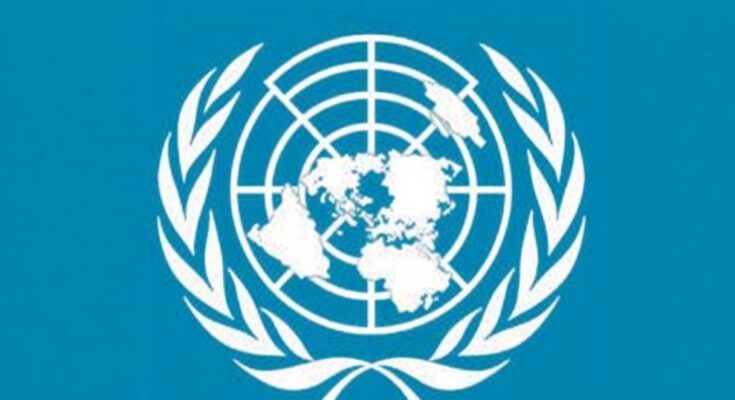The UN Committee against Torture raised concerns regarding Mongolia’s progress on addressing torture, citing delays in legislative processes, potential conflicts of interest in investigations, and issues with arrest procedures without judicial oversight. The Committee urged the establishment of an independent mechanism to investigate public officials and called for judicial warrants for arrests, highlighting the need for legal reforms.
The recent report published by the UN Committee against Torture (CAT) highlighted concerns regarding Mongolia’s processes for addressing torture and ill-treatment. While the Committee acknowledged Mongolia’s planned submission of a draft law in 2025 to form a special unit for investigating such abuses, there were significant worries about the slow progress since the last review. Additionally, issues related to conflicts of interest within investigative bodies and the high dismissal rate of torture cases pointed to systemic inefficiencies.
The Committee stressed the importance of establishing an independent investigative mechanism to scrutinize the conduct of public officials, especially law enforcement agencies, to ensure impartial investigations. Furthermore, despite Mongolia’s advancements in procedural legal protections, concerns persisted about the ongoing practice of arrests being executed with prosecutor consent rather than judicial warrants. The Committee urged Mongolia to mandate that law enforcement procure arrest warrants from court authorities, with exceptions only in cases of immediate danger.
The United Nations Committee against Torture (CAT) oversees the implementation of the Convention against Torture and Other Cruel, Inhuman or Degrading Treatment or Punishment, which requires states to prevent torture and ensure accountability. This report specifically delves into Mongolia’s legal framework and practical measures aimed at mitigating torture and ill-treatment, reflecting the international scrutiny regarding human rights practices in the nation. The findings are critical as they reflect both advancements and continued challenges in Mongolia’s commitment to uphold human rights standards.
In summary, the UN Committee against Torture’s report on Mongolia underscores both the nation’s intentions to address issues of torture and the significant procedural hurdles that remain. The Committee’s recommendations for an independent investigative framework and stricter requirements for arrest warrants reflect a pressing need for reform. Moving forward, the effective implementation of these recommendations will be essential for enhancing accountability and strengthening legal protections against torture in Mongolia.
Original Source: m.akipress.com




